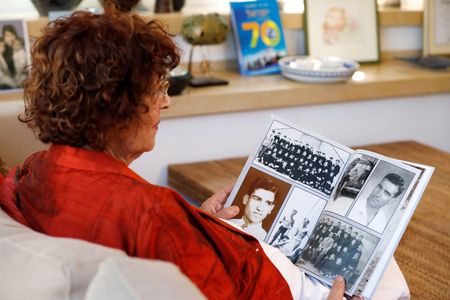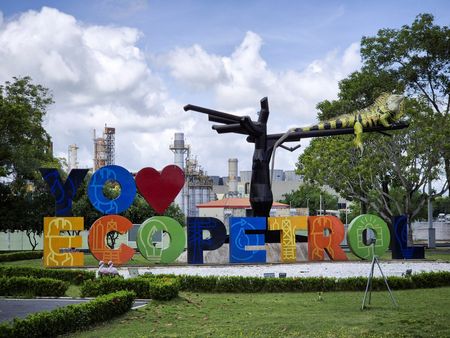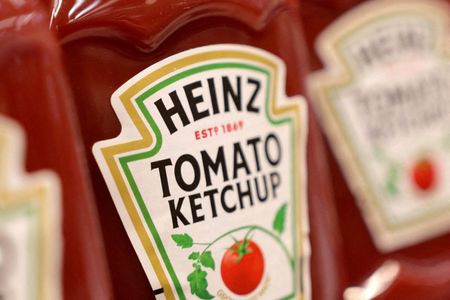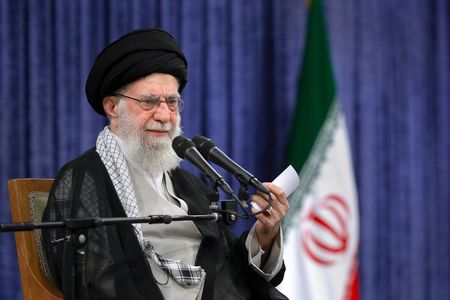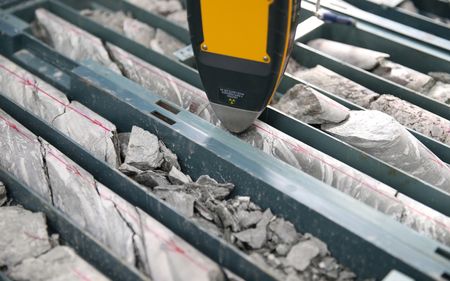By Suleiman Al-Khalidi and Timour Azhari
AMMAN/DAMASCUS (Reuters) -Syria’s leadership approved the handover of the belongings of long-dead spy Eli Cohen to Israel in a bid to ease Israeli hostility and show goodwill to U.S. President Donald Trump, three sources told Reuters.
Israel announced its recovery of the trove of documents, photographs and personal possessions relating to Cohen on Sunday, saying its spy agency Mossad had worked with an unnamed foreign intelligence agency to secure the material.
However, a Syrian security source, an adviser to Syrian President Ahmed al-Sharaa and a person familiar with backchannel talks between the countries said the archive of material was in fact offered to Israel as an indirect gesture by Sharaa as he seeks to cool tensions and build Trump’s confidence.
Cohen, who was hanged in 1965 in a downtown Damascus square after infiltrating Syria’s political elite, is still regarded as a hero in Israel and Mossad’s most celebrated spy for uncovering military secrets that aided its lightning victory in the 1967 Middle East war.
Prime Minister Benjamin Netanyahu described Cohen on Sunday as a legend and “the greatest intelligence agent in the annals of the state”.
While Israel has long sought to recover his body for reburial at home, the return of his archive held for 60 years by Syrian intelligence was hailed by Mossad as “an achievement of the highest moral order”.
Israel has not publicly revealed how the archive came into its possession, saying only that it was the result of “a covert and complex Mossad operation, in cooperation with an allied foreign intelligence service”.
Netanyahu’s office, Syrian officials and the White House did not immediately respond to requests for comment on Syria’s role in Israel’s recovery of the Cohen archive.
COHEN DOSSIER
After rebels led by Sharaa suddenly ousted President Bashar al-Assad in December, ending his family’s 54-year-long rule, they found the Cohen dossier in a state security building, according to the Syrian security source.
Sharaa and his foreign advisers quickly decided to use the material as leverage, the source added.
The Syrian security source said Sharaa had realised that the Cohen archive was important to the Israelis and that its return could amount to a significant diplomatic gesture.
Ending Israeli attacks on Syria and improving relations with the United States and other Western countries are vital for Sharaa as he seeks to revive his shattered country after 14 years of civil war.
Israel regards Sharaa and his ex-insurgents, who once formed the al Qaeda faction in Syria, as unreconstructed jihadists. Israeli forces staged an incursion into border areas last year and have repeatedly bombed targets in support of Syria’s minority Druze sect.
This month, Reuters reported that the United Arab Emirates had set up a backchannel for talks between Israel and Syria that included efforts to build confidence between the sides.
There have also been other indirect channels for talks, according to two people familiar with the matter.
In the talks, Syria agreed to measures including returning the remains of Cohen as well as three Israeli soldiers killed while fighting Syrian forces in Lebanon in the early 1980s, a person familiar with those talks said. The body of one of those soldiers, Zvi Feldman, has been returned, Israel said last week.
The return of the Cohen archive came in the context of those confidence-building measures and was done with Sharaa’s direct approval, the person said.
Last week, Trump held a surprise meeting with Sharaa in Saudi Arabia where he urged him to normalise ties with Israel and announced that he would lift sanctions on Syria.
Syrian officials have said they want peace with all states in the region, and Sharaa confirmed this month that Damascus had carried out indirect talks with Israel via states it has ties with in order to calm the situation.
(Reporting by Timour Azhari in Damascus and Suleiman al-Khalidi in Amman; additional reporting by Alex Cornwell in Jerusalem and Trevor Hunnicutt in Washington; writing by Angus McDowall; editing by Mark Heinrich)

